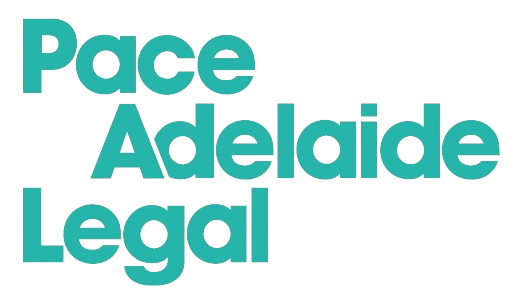What Are The Inherent Risks Of Going Completely Digital?

Pace Lawyers and Adelaide Legal has set itself the target of becoming a paperless office by 2020. Part of this transition involves adopting the use of electronic signatures (or e-signatures) as a means of authenticating documents. Electronic signatures have been in use for two decades in Australia but for many, their purpose, function and legal standing remain a mystery. This blog aims to explain the ins and outs of e-signatures in 2019, how to protect yourself and the inherent risks of going digital.
What are e-Signatures?
Electronic signatures serve the same purpose as handwritten signatures: they can be used to finalise an agreement between parties or to authenticate a document. Section 9 of the Electronic Transactions Act 2000 (SA) (the Act) gives a very broad meaning to the notion of validating electronic signatures, namely that:
• The parties to an agreement or transaction have consented to the use of electronic signatures; and
• The parties have agreed on a particular, reliable method to identify who is signing.
There are several exceptions. Regulation 6 of the Electronic Transaction Regulations 2017 (SA) (the Regulations) stipulates that e-signatures are not valid for documents that are required to be signed before a witness. This includes:
• Wills;
• Deeds;
• Power of Attorney documents;
• Citizenship documents;
• Migration documents;
• Some real estate transactions; and
• Any other documents or transactions that require a witness.
Digital Signatures versus e-Signatures
An electronic signature is simply the signature of a person attached to a digital document, an electronic reproduction of the signatory’s handwritten signature.
In contrast, a digital signature is a cryptography tool used to verify the identity of the parties while completing the signing process. Digital signatures generally use software to send out two encrypted keys – a private key and a public key. The former is encrypted and used to sign the document and the latter is sent to the other party to the transaction.
The parties are usually linked by registered digital certificates, which are akin to passports, in that they authenticate the identities of the parties. When the document is signed, the public key must match with the encrypted private key in order for the document to be valid.
Many Public Records Offices and associated lodgement services, like PEXA, already utilise digital signatures for signing and lodging documents, and will quite often require a hardware key as part of the encryption process.
Risks of Going Electronic
As with any transition to a digital platform, there are some inherent risks associated with adopting electronic signatures for business and legal transactions.
1. The document may be invalid because it is excluded
If the document is excluded under the Regulations then a digital signature would likely invalidate the document.
2. The document may be invalid because it was altered after signing
The document that is electronically signed must not be altered by the parties after signing. This is not strictly a product of e-signatures; altering signed paper documents has always been a risk. However, altering digital documents is easier to accomplish and also easier to hide.
3. The system, software or hardware managing your digital signature has a serious flaw
Digital signatures are only as strong as the systems that manage them. Recently, medical professionals around Australia encountered problems uploading patients’ documents to My Health Record, the result of an error with digital signatures failing to function after a Microsoft framework update.
4. Software passwords may be lost, stolen or infiltrated by unwanted third parties
We are in an era of account saturation and password fatigue. Digital signatures are as susceptible to being hacked as your Netflix account, highlighting the importance of two-factor authentication and complex passwords.
If you are involved in a contractual dispute, whether or not electronic or digital signatures are involved, we can assist you. For more information on this and all of our services please contact Shavin Silva or one of our other experienced commercial lawyers on (08) 8410 9294 or send an email via this form.
